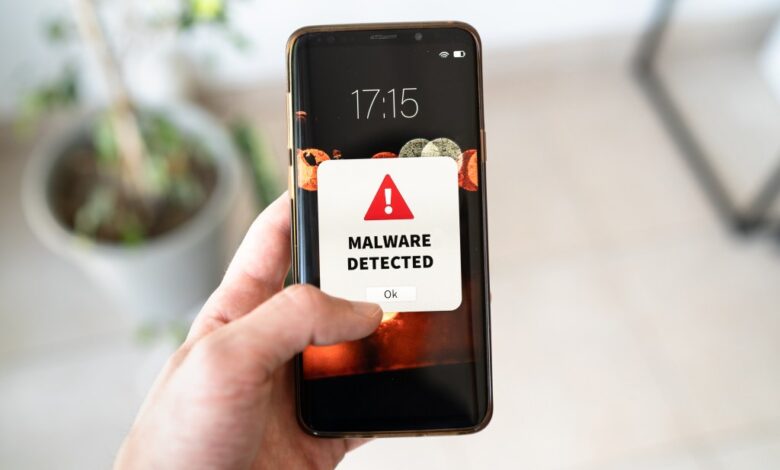iPhone AirPlay flaw lets hackers hijack devices via Wi-Fi

Apple users are being urged to update their devices ASAP after cyber sleuths uncovered a major flaw that could let hackers get into their gadgets.
What’s being called “AirBorne” allows hackers to deploy malware, snoop on your private data, or even eavesdrop on your conversations when connected to the same Wi-Fi network as your devices, which includes public places like airports, coffee shops, or even your work office.
To keep hackers out, users are advised to update all devices to the latest software, especially those connected to AirPlay.
It’s also recommended to disable the AirPlay feature altogether if not in use because it serves as an access point for hackers to possibly take control of your device.
Even worse? Devices you’re not actively using — like that Bluetooth speaker collecting dust — could be another gateway for hackers.
“Because AirPlay is supported in such a wide variety of devices, there are a lot that will take years to patch — or they will never be patched,” Gal Elbaz, chief technology officer and cofounder of Tel Aviv-based cybersecurity firm Oligo, told Wired.
“And it’s all because of vulnerabilities in one piece of software that affects everything.”
The flaws — 23 of them, to be exact — were found in Apple’s AirPlay protocol and software development kit (SDK), which lets users beam photos, music and video between devices.
While Apple has released security updates to fix the flaw in their devices, millions of third-party gadgets — from smart TVs to set-top boxes and car systems — may still be sitting ducks if their manufacturers haven’t patched them.

That means even if your iPhone is fully up to date, a connected speaker or TV could act as a backdoor — and hackers love backdoors.
“If a hacker can get on the same network as one of these devices, they can gain control and use it as a stepping stone to reach everything else,” warned Elbaz.
Cybersecurity expert Patrick Wardle, CEO of Apple-focused security firm DoubleYou, also noted to the outlet that these third-party time bombs are often neglected by users — and by the companies that made them.
“When third-party manufacturers integrate Apple technologies like AirPlay via an SDK, obviously Apple no longer has direct control over the hardware or the patching process,” Wardle said.
As a result, he explained, if third-party vendors drag their feet — or skip updates entirely — it could leave users exposed and might chip away at consumer trust in the entire “Apple ecosystem.”




